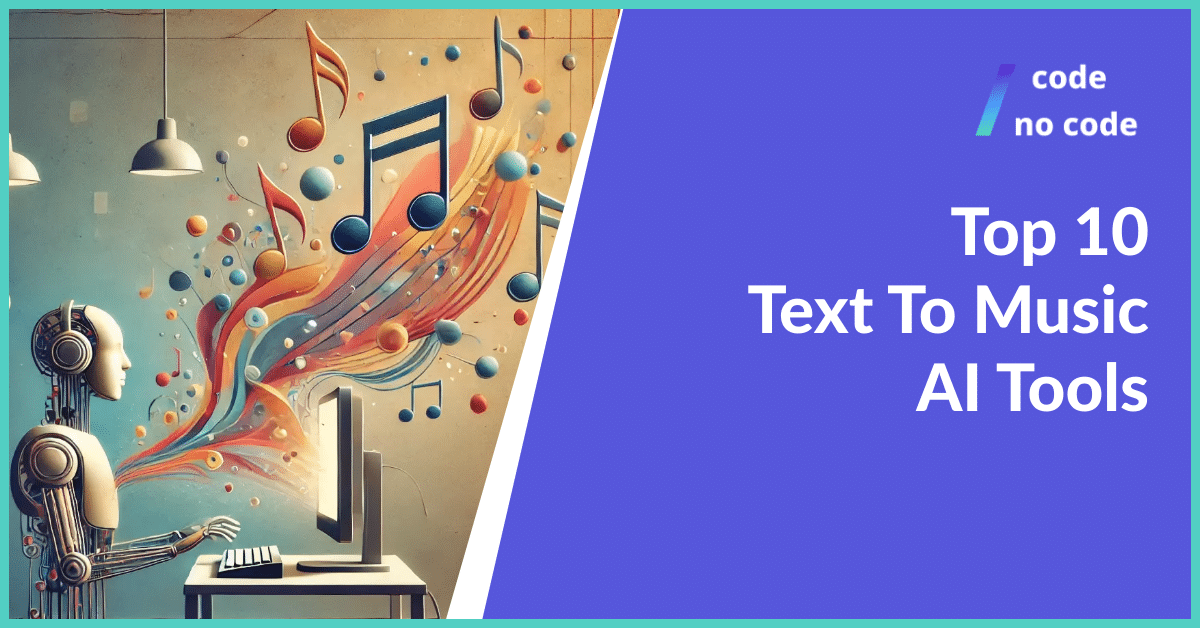
Top 10 Text To Music AI Tools
You couldn’t even dream of making music in minutes a few years ago, but now it’s possible and easy. Text to music AI tools turn written text...
While we’ve explored the benefits of artificial intelligence in other industries, such as logistics and human resources, it’s also important to talk about healthcare. Like all industries, it is being impacted by AI in many ways.
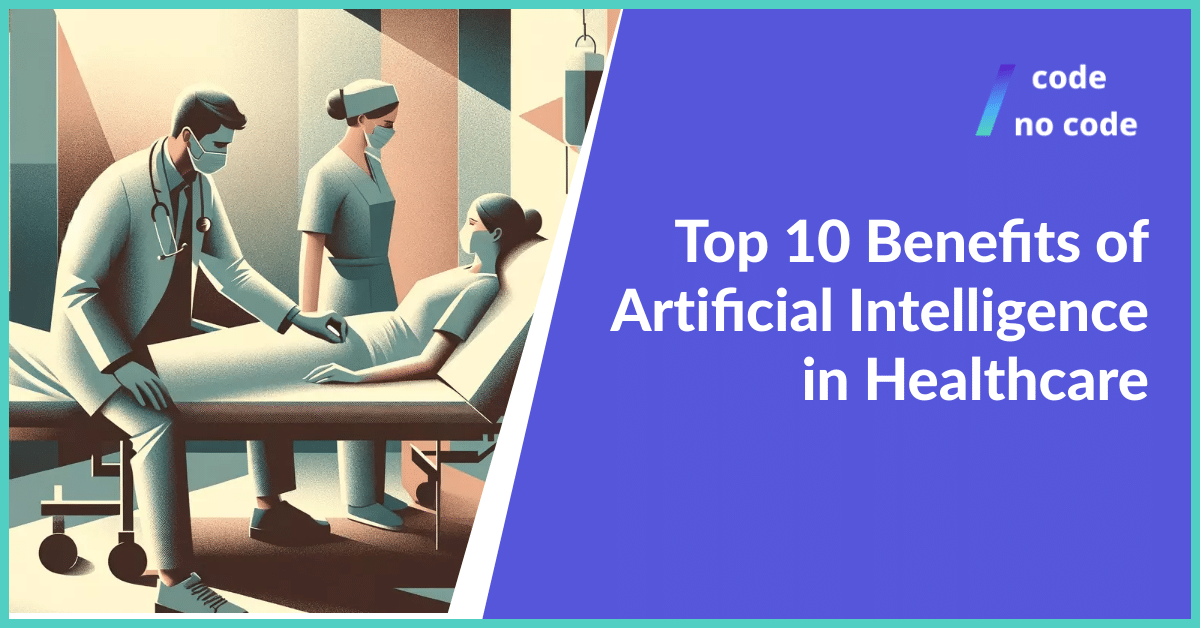
In healthcare, artificial intelligence offers more than just technological progress; it offers real solutions that can help save lives and improve processes. From medical image analysis to preventive care and early intervention, we will explore the top 10 benefits of artificial intelligence in healthcare practices.
Artificial intelligence is changing healthcare, offering considerable improvements in diagnosis, treatment, and overall patient care. Here are the top 10 benefits of AI in healthcare:
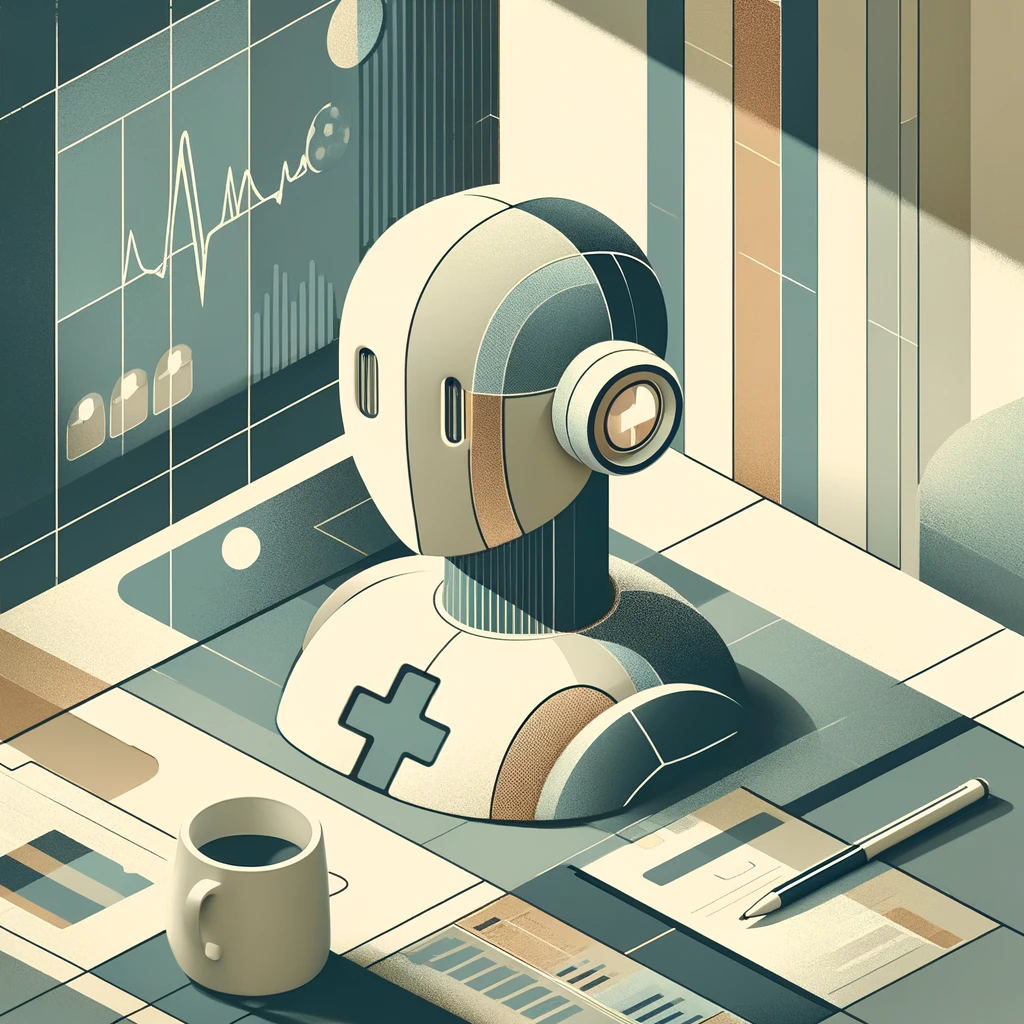
AI’s optimization of administrative tasks in healthcare is a major development that will significantly improve the efficiency and effectiveness of healthcare operations. Here’s a closer look at how AI is changing administrative processes:
Automate routine tasks: AI technologies automate repetitive and time-consuming administrative tasks, such as scheduling, billing, and record keeping. This automation not only speeds up these processes but also reduces the risk of errors associated with manual labor.
Supply chain management: AI optimizes supply chain management by predicting demand, reducing waste, and guaranteeing the availability of essential medical supplies.
AI-powered communication tools: AI-powered communication tools, such as chatbots and virtual assistants, handle routine inquiries, appointment reminders, and follow-up communications.
Compliance and accuracy: AI’s role in automating administrative tasks will deliver compliance and accuracy, two pillars of the healthcare industry.
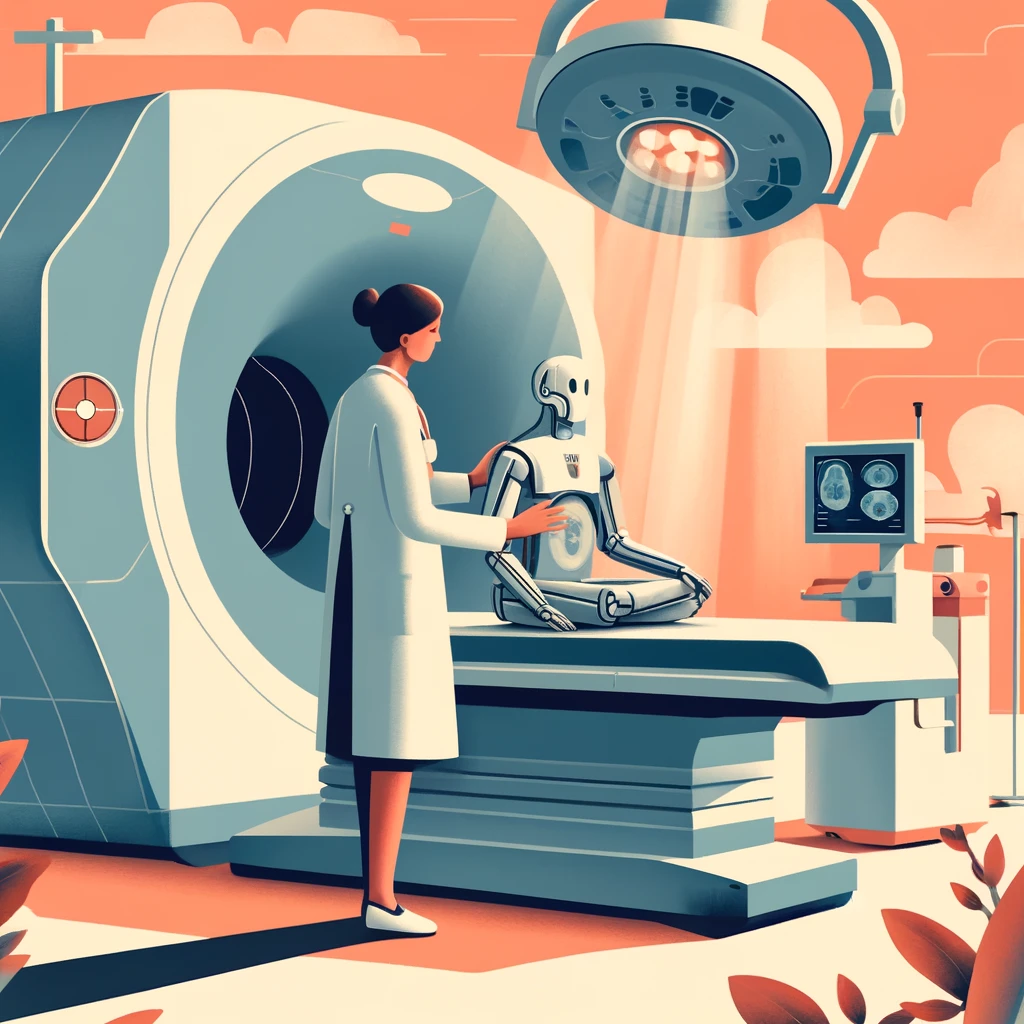
Traditionally, the analysis of medical images such as X-rays, CT scans, and MRIs has relied on the expertise of radiologists. While highly skilled, radiologists face challenges such as workload overload, the potential for human error, and subjective interpretation.
AI is currently being used to help achieve significant benefits and change the analysis of medical images:
AI-assisted X-ray diagnosis: A collaborative study between Warwick, King’s College London, and several NHS sites has shown that AI can diagnose medical problems from X-rays with an accuracy comparable to or better than that of doctors. The AI, funded by a Wellcome Trust Innovator Award, scans X-rays as soon as they are taken, identifying possible conditions and assessing their severity. This technology not only provides rapid diagnosis but also serves as an effective second opinion, minimizing human error and bias in medical assessments.
AI-assisted cancer detection: A new tool created by AI developers at The Royal Marsden NHS Foundation Trust, The Institute of Cancer Research, London and Imperial College London has demonstrated its ability to accurately identify cancerous growths in CT scans. According to research published in The Lancet’s eBioMedicine journal, the AI model outperforms existing methods by efficiently identifying abnormal growths as cancerous with a high degree of accuracy.

Traditionally, healthcare has often taken a one-size-fits-all approach to treatment. However, with the development of AI, personalized treatment plans are becoming a reality. By using individual patient medical data and AI’s analytical capabilities, healthcare professionals can create customized treatment strategies that are more effective and have fewer side effects.
Let’s take a closer look at how AI is personalizing treatment plans:
Data-driven personalization: AI tools analyze vast amounts of patient-specific data, including medical history, genetic information, lifestyle factors, and treatment responses of similar patients. This in-depth analysis allows for the creation of personalized treatment plans that are optimized for each patient’s unique characteristics and needs.
By taking into account multiple variables, AI can provide healthcare professionals with valuable insights to help personalize treatment plans, thereby improving treatment efficiency and reducing the likelihood of unwanted side effects.
Continuous Learning and Improvement: AI algorithms can continuously learn and adapt based on the analysis of new data and treatment outcomes. By leveraging machine learning techniques, AI-driven personalized medicine systems can improve over time, incorporating new evidence, clinical guidelines, and best practices into their recommendations.
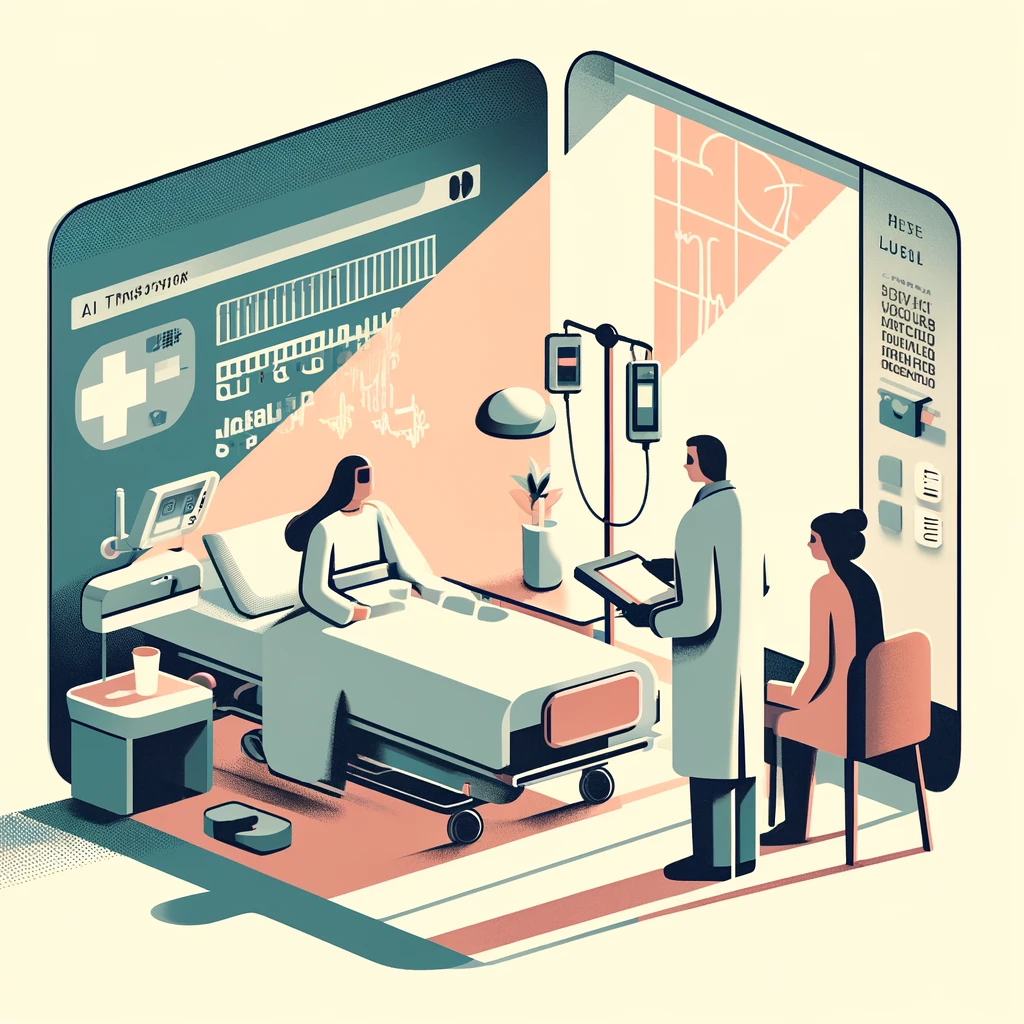
AI-powered language translation offers a wide range of benefits in healthcare, allowing for better patient care, improved communication, and a more balanced healthcare system. Here’s a closer look at these benefits:
Improved communication: AI translation technology allows for better communication between meid professionals and patients, especially in multilingual environments. It can also help patients effectively express their symptoms and medical history, which can lead to more accurate diagnoses and personalized treatment plans.
Improved patient experience: By overcoming language barriers, AI translation technology improves the patient experience. It allows healthcare providers to communicate more effectively with patients, putting them at ease during difficult conversations.
Reduce potential errors: Language barriers can lead to miscommunication between healthcare professionals and patients, increasing the risk of errors. AI translation technology helps reduce these potential errors by allowing doctors to communicate more effectively with their patients, helping them to understand their symptoms, read their patient’s medical history, and make informed decisions about their treatment.
Cost and resource savings: AI translation offers considerable cost and resource savings for healthcare organizations. By providing high-quality translations of medical documents and real-time speech without the need for expensive staff translators.
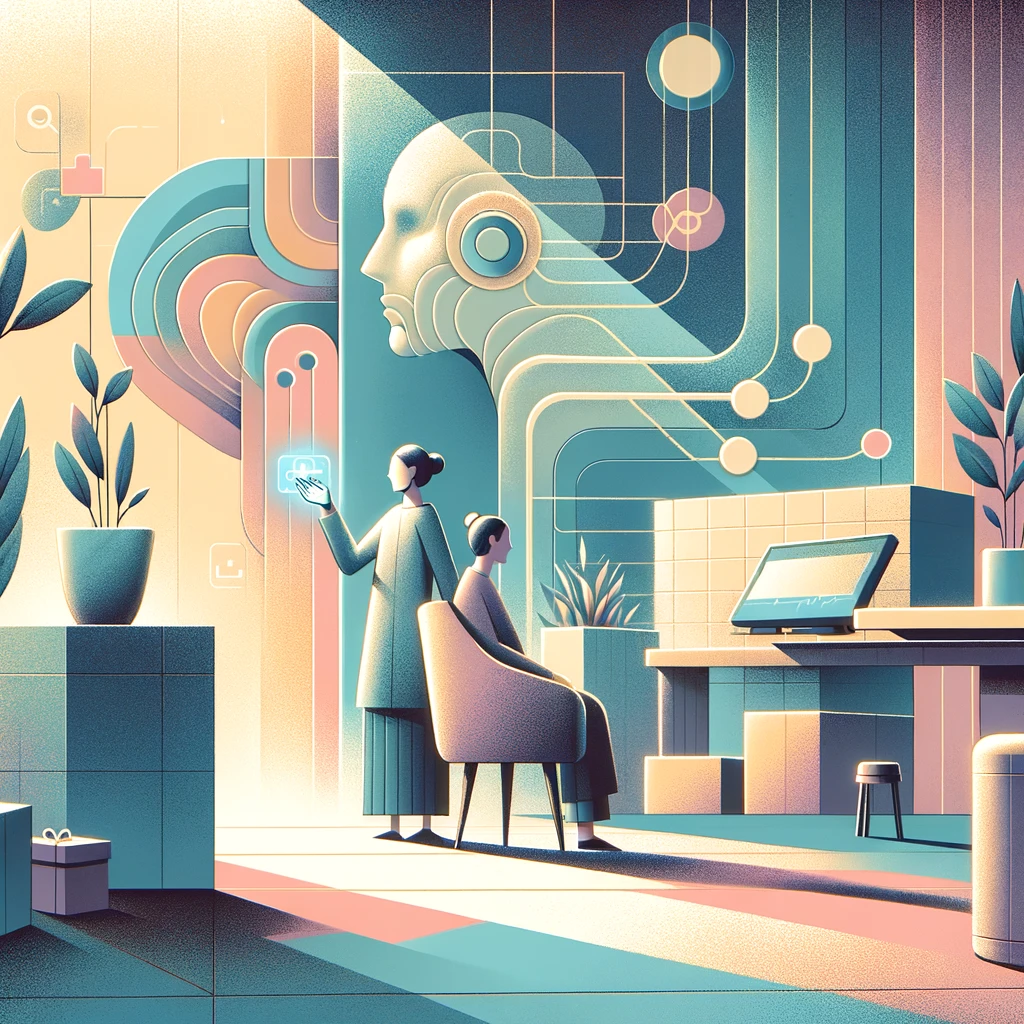
Patient engagement is critical to successful healthcare outcomes. Traditionally, this has relied on patients taking initiative and remembering information. AI offers a viable solution by providing patients with personalized tools and support, leading to a more collaborative and autonomous approach to health management.
Here’s how AI is set to change patient engagement:
24/7 healthcare access: AI-powered chatbots and virtual assistants provide 24/7 access to healthcare information and support. Patients can ask questions, schedule appointments, and receive medication and health check reminders. This level of accessibility increases patient engagement by making healthcare more accessible and convenient, encouraging patients to take an active role in their health management.
Communication: AI can improve communication between healthcare providers and patients. By translating medical terminology into simple language and providing empathetic responses to patient queries, AI chatbots can improve patient satisfaction and engagement. This improved communication can lead to a better understanding of health conditions, more informed decisions about treatments, and a stronger patient-provider relationship.
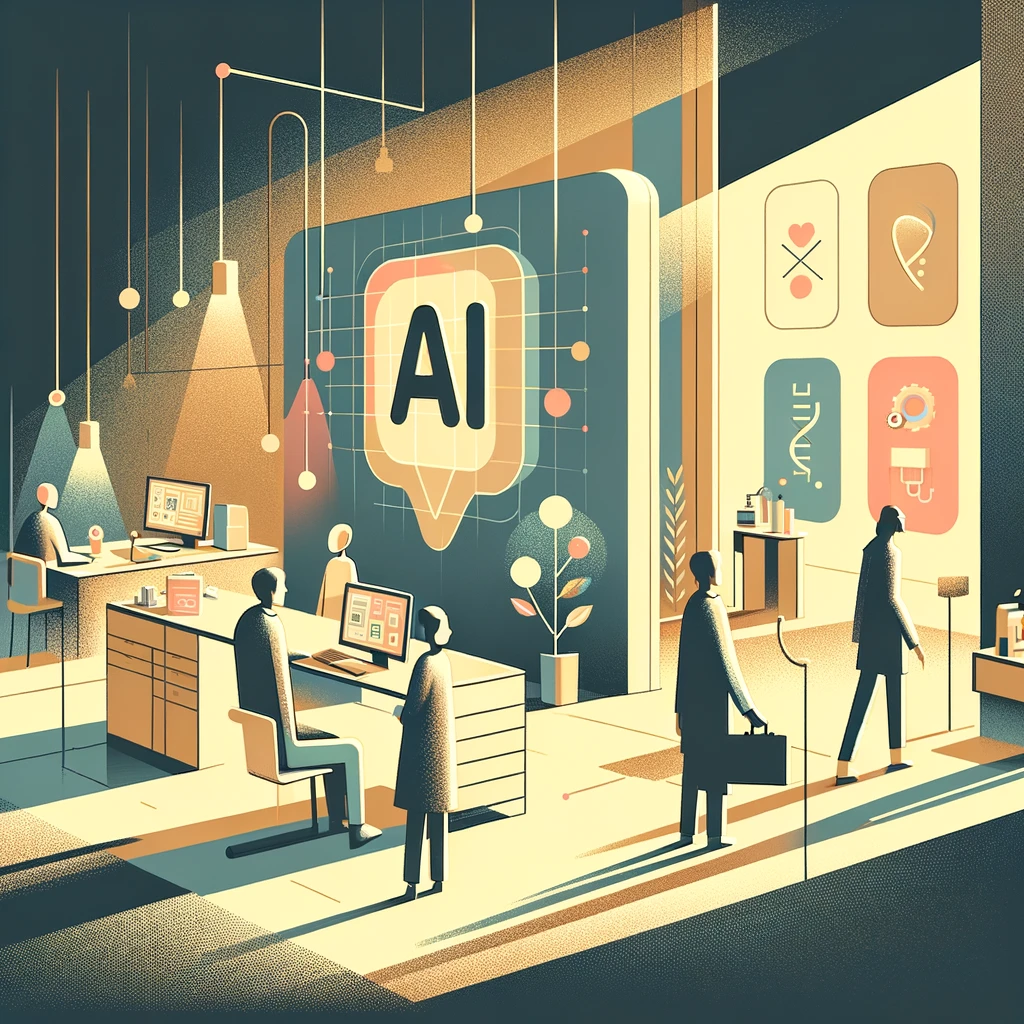
Rising healthcare costs are a global concern. AI offers a compelling solution by streamlining processes, improving efficiency, and optimizing resource allocation. Here’s a closer look at how AI can help reduce healthcare costs:
Automate tasks: AI can automate a wide range of repetitive administrative tasks that burden healthcare staff, including scheduling appointments, processing claims, and managing patient medical records. This frees up valuable staff time for more complex tasks that require human expertise, such as providing patient care, conducting research, or developing treatment plans.
Improved accuracy: AI can significantly improve the accuracy of data entry and coding in healthcare. Manual data entry is error-prone, leading to errors in patient electronic health records, billing codes, and insurance claims. These errors can lead to delays in reimbursement, claim denials, and the need for rework, all of which increase healthcare costs.
Faster and more accurate billing: AI can automate various tasks involved in the revenue cycle management process, such as generating invoices, submitting claims to insurance companies, and following up on unpaid invoices. This can significantly speed up the billing process and ensure that claims are submitted accurately and promptly.
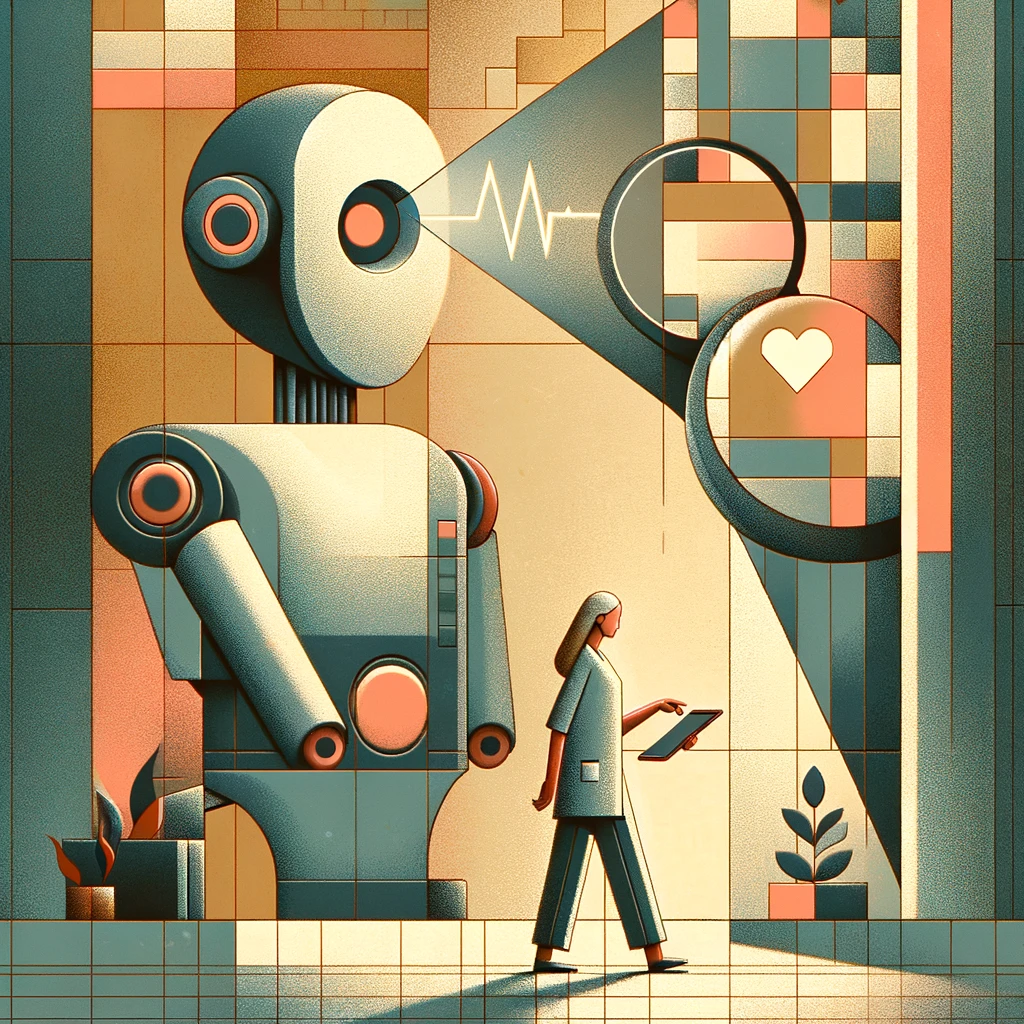
Healthcare fraud is a complex and costly problem that costs healthcare systems worldwide millions of dollars. AI offers a strong solution by detecting fraudulent activity and patterns that might escape human oversight. Here’s a closer look at how AI is being used to innovate healthcare fraud prevention:
Real-time Fraud Detection: AI can analyze claims data in real time, enabling healthcare providers and insurers to identify and flag potentially fraudulent claims before they are processed and paid. This proactive approach can significantly reduce financial losses.
Identifying High-Risk Individuals and Providers: AI can analyze data on patients and healthcare providers to identify individuals with a history of fraudulent activity. This allows for closer scrutiny of claims submitted by these individuals, deterring further fraudulent attempts.
Provider Network Analysis: AI can analyze the network of healthcare providers within a system to identify suspicious relationships or patterns that may indicate collusion or organized fraud schemes
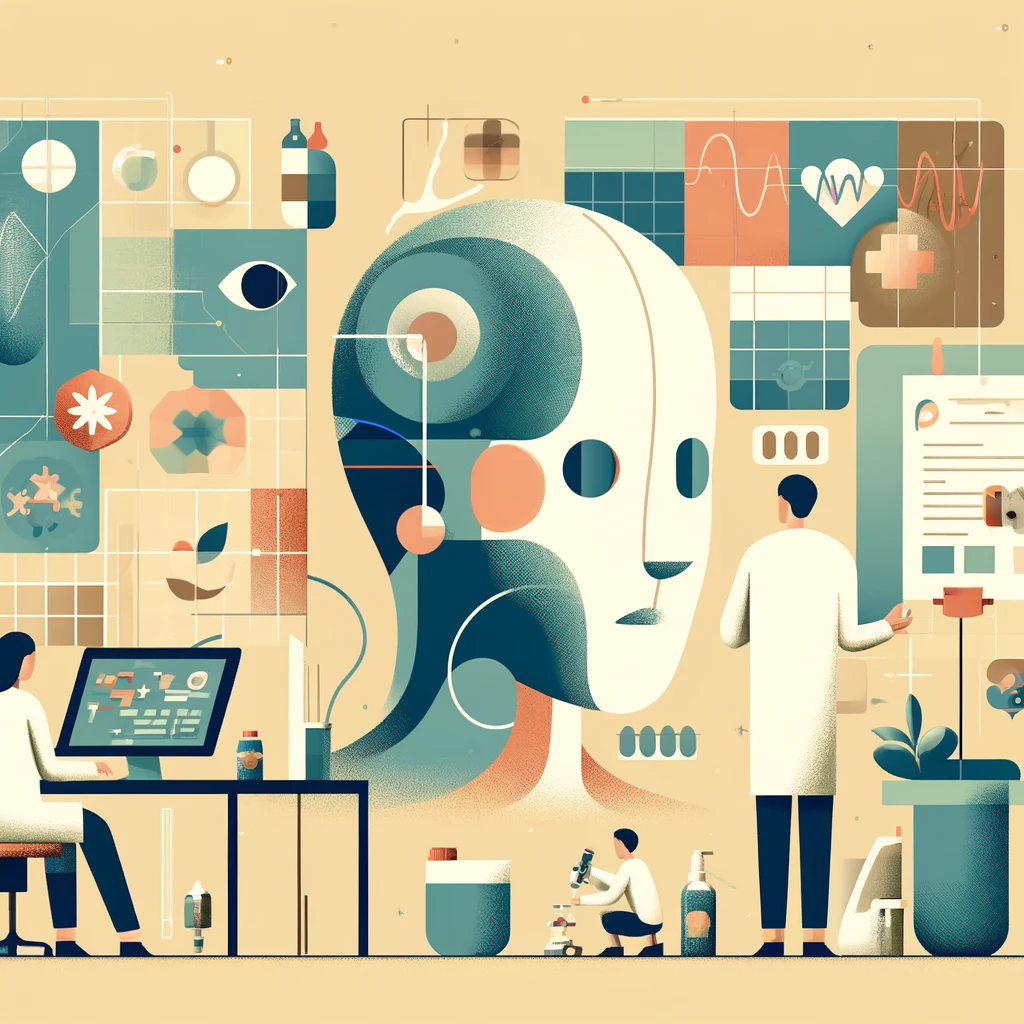
Traditionally, healthcare has often been reactive, focusing on treating disease after it has occurred. AI is changing this approach by allowing for preventive care and early intervention strategies. Let’s take a more specific view of how AI is shifting preventative healthcare:
Early disease detection assisted by AI: Mick Lynch’s multi-agent AI solution is innovating proactive solutions in healthcare by identifying high-risk patient groups and encouraging timely action. This innovative approach significantly reduces the cost of delayed urgent care and improves overall population health outcomes.
Reduced healthcare costs: Preventing illnesses is typically less expensive than treating them once they develop. AI-powered preventative care can lead to significant cost savings for healthcare systems.
Improved quality of life: By promoting healthy habits and early intervention, AI can help people live longer, healthier lives. Early detection and treatment of diseases can prevent complications, disability, and even premature death.

Clinician burnout is a major concern in the healthcare industry, resulting in lower job satisfaction, increased medical errors, and higher turnover rates.
AI offers a potential glimmer of hope by automating tasks, improving workflows, and providing valuable support systems, eventually leading to a more sustainable and fulfilling work environment for clinicians. Here’s a look at how AI can help reduce clinician burnout:
Increased Job Satisfaction: By reducing administrative burdens and offering decision support, AI allows clinicians to focus on the aspects of their job they find most fulfilling, such as building relationships with patients, diagnosing complex conditions, and developing personalized treatment plans.
AI-based stress management tools: These tools can provide clinicians with relaxation techniques, mindfulness exercises, and access to mental health resources to support their emotional well-being and resilience.
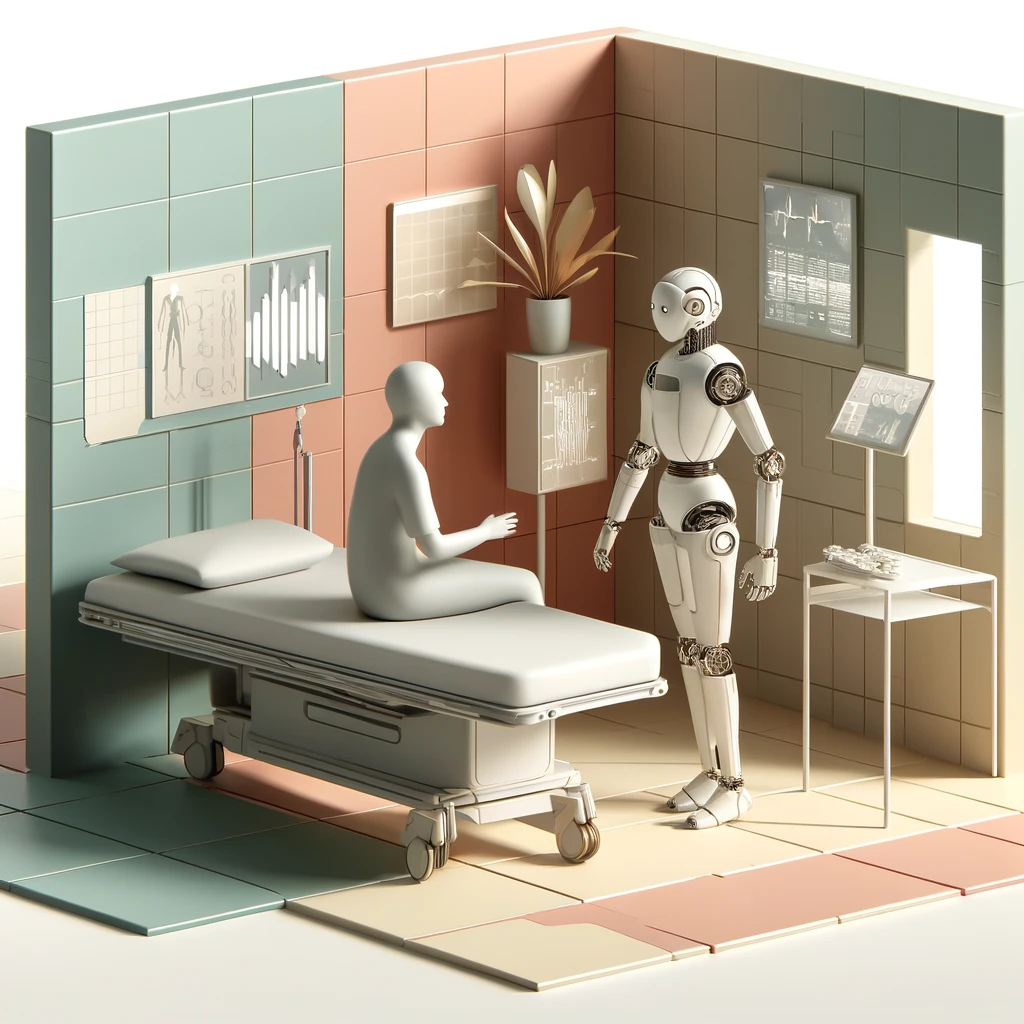
The future of healthcare is full of exciting AI-powered opportunities. More institutions that prepare early with innovations can significantly improve the quality of life for healthcare institutions and the people who use them:
The sooner we start, the better: While most artificial intelligence tools aren’t perfect, with significant testing and early implementation, we can create a better future for healthcare, with many aspects of it more optimized with AI.
Normalize the use of AI in healthcare and other sectors: The use of artificial intelligence, in general, is a somewhat controversial topic these days, as not everyone is on board with the idea that if we can use AI that is fully operational, the sooner the better.
By staying informed, engaged, and proactive, we can all contribute to securing the future of healthcare – a future powered by AI for the benefit of patient outcomes, healthcare providers, and society as a whole.
If you’ve used a lot of AI tools, you probably know that there aren’t many completely perfect tools, and the idea of using AI in healthcare may seem far-fetched, but it’s not. Just like in other sectors, artificial intelligence in healthcare is primarily intended to increase productivity, with some actual use cases in healthcare already seeing massive benefits.

Although there are quite a few robots performing surgery, we are still not seeing massive use of AI in healthcare, but this will change soon if our society decides to do so, and if not we will be stuck with the same not fully effective medical professionals.
Consider reading about other benefits of artificial intelligence, such as HR or logistics, as we are already seeing some massive advances in these areas.